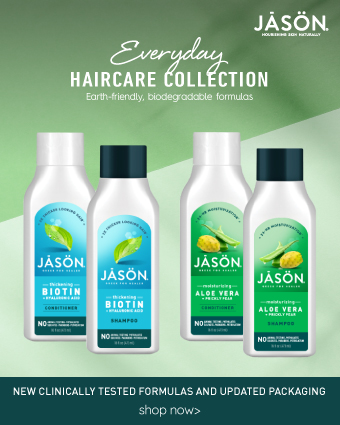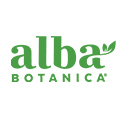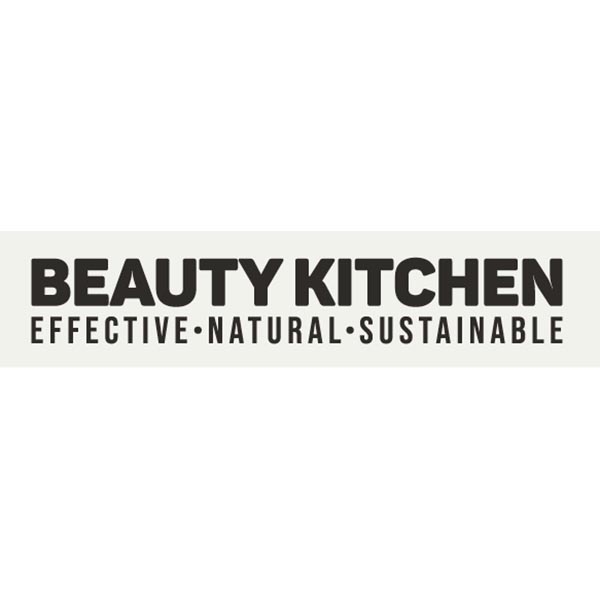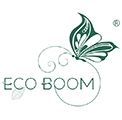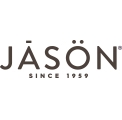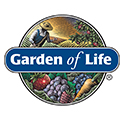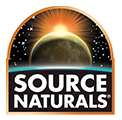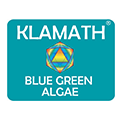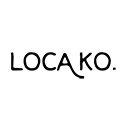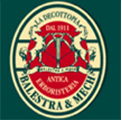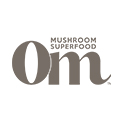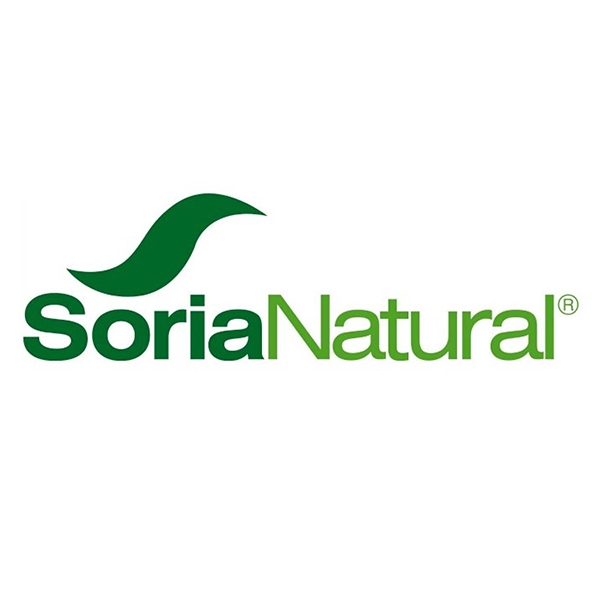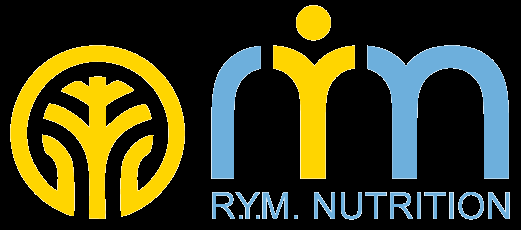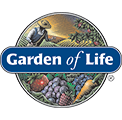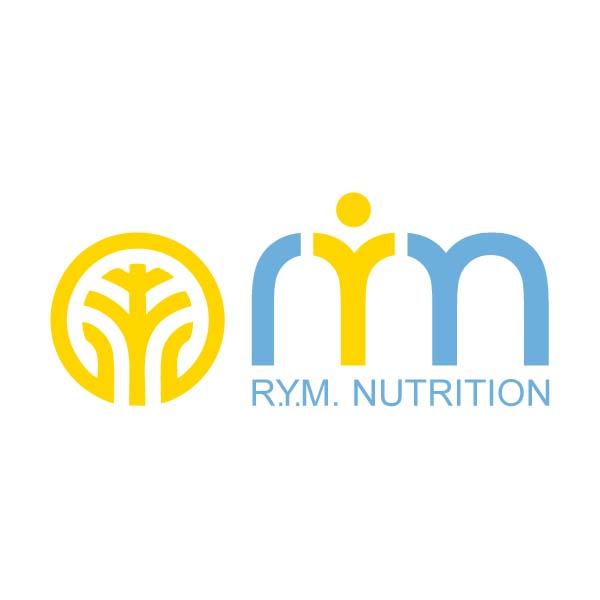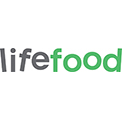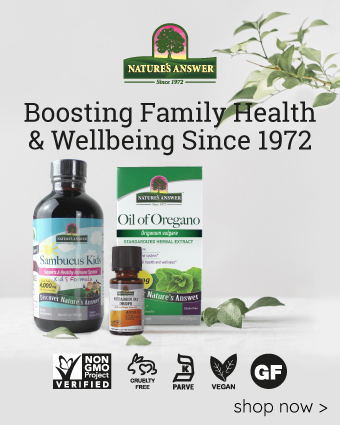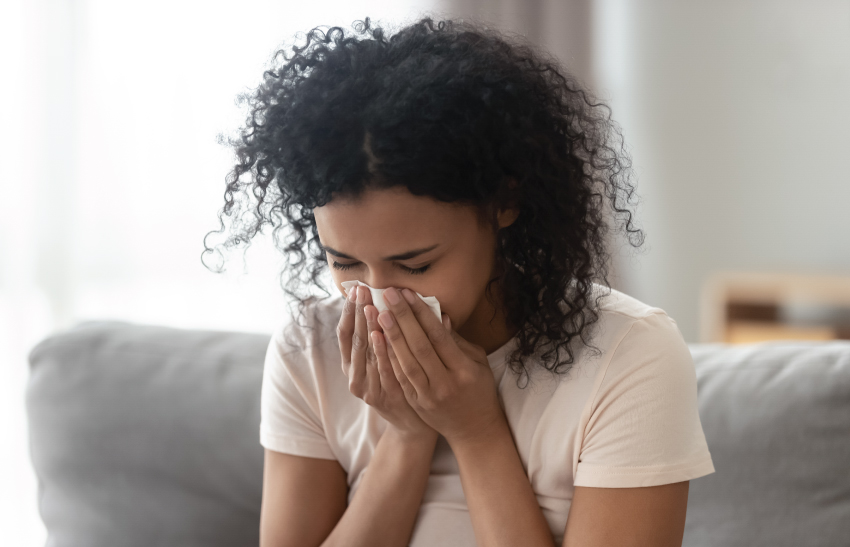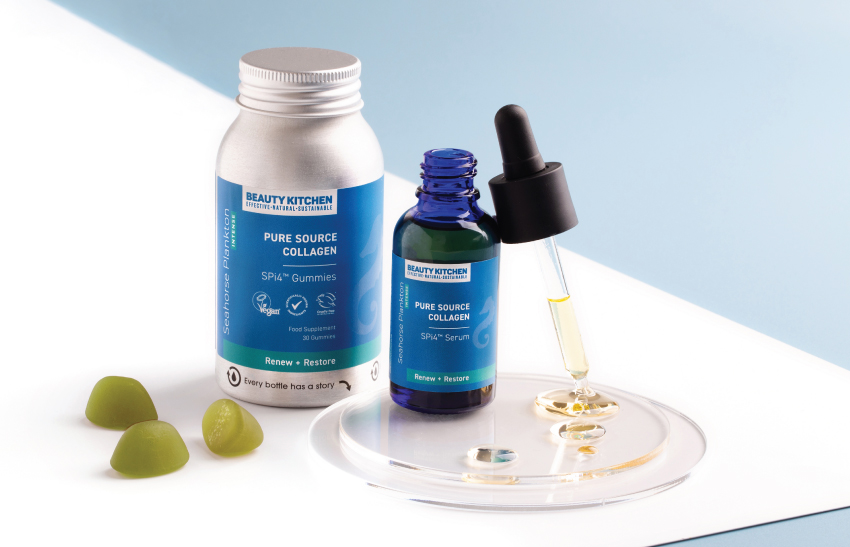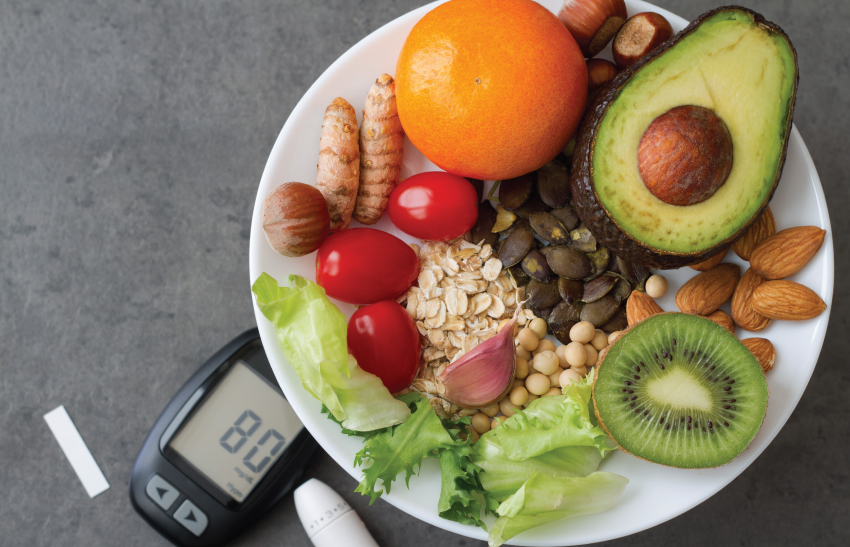
Endometriosis Action Month brings awareness to a condition that affects 1 in 10 women of reproductive age in the UK, that is approximately 1.6 million. Although the exact cause of endometriosis is unknown, research has shown that diet and lifestyle interventions can help reduce symptoms and risk factors.
Endometriosis can have a significant impact on the quality of a woman’s life. It is a painful condition where endometrial tissue, that is, cells similar to the those in the lining of the uterus, are present in other areas of the body, such as ovaries, peritoneum, bladder or large intestine.
Endometriosis can cause chronic inflammation and the formation of scar tissue. Symptoms can include period pain, chronic pelvic pain, painful bowel movements, abdominal bloating, fatigue, anxiety or depression. It can also be a cause of infertility in some cases.

What type of diet may help reduce endometriosis symptoms?
- Endometriosis is considered a chronic inflammatory disease. A diet focusing on reducing oxidative stress and supporting a healthy inflammatory response may be beneficial.
- A diet rich in antioxidants (such as vitamin C and E) may be supportive. This implies consuming a variety of brightly coloured fruit and vegetables. Research suggests that a higher intake of fruits, particularly citrus fruits, is associated with a lower risk of endometriosis.10
- Consume Omega-3 fatty acids from oily fish such as sardines, mackerel and salmon. Omega-3 has been found to have an anti-inflammatory impact during the establishment of endometriosis-like lesions. 11 For a healthy omega-3 to omega-6 balance, reduce omega-6 rich vegetable oils and trans-fats. Supplement with omega-3 fish oil if you are not obtaining sufficient amounts from your diet.
- Other anti-inflammatory, antioxidant-rich foods to consider include ginger, turmeric and green tea.
- Because endometriosis has been associated with oestrogen dominance i.e., excess oestrogen relative to progesterone, it may be supportive to incorporate foods, such as broccoli sprouts, onion and garlic, that could potentially upregulate oestrogen detoxification pathways. In addition, it may be helpful to reduce exposure to environmental oestrogens aka xeno-oestrogens, by using only paraben-free body care products.
- Foods containing prebiotics and dietary fibre such as oat bran and milled seeds to aid healthy elimination and digestion, may also be supportive.

Which supplements could be beneficial to consider?
- Vitamin C
The results of a clinical trial show that supplementing with the antioxidant vitamins C and E, can reduce chronic pelvic pain in women suffering from endometriosis. Vitamin C can play a role as a natural anti-inflammatory.2
For a Vitamin C boost, Ener-C Multivitamin Drink Mix is a delicious, ultimately refreshing effervescent all -natural multi supplying 1000mg of Vitamin C and 24 other nutrients in each convenient sachet.
- Curcumin
Curcumin has been well-researched for its anti-inflammatory properties. Studies suggest that curcumin can also inhibit the proliferation of endometrial lesions via mechanisms such as by reducing oestradiol production and by chelating excess iron. 3,4,7,6
Nature’s Answer Turmeric-3 5000mg Capsules and Turmeric-3 Liquid Extract stand out from other brands, as they offer 3 therapeutically active constituents; curcumin, demethoxycurcumin, and biodesmethoxycurcumin, standardised for 95% of Curcuminoids. Quik Sorb® capsules and alcohol-free fluid extract formats offer fast and effective absorption.
- Live gut-friendly bacteria
 Research suggests that endometriosis can induce changes in the microbiome leading to diminished lactobacillus dominance. Imbalances in the microorganisms in the gut and reproductive tract, known as dysbiosis, can negatively affect immune function and elevate pro-inflammatory cytokines. This can create an environment conducive to endometriosis onset and progression.5 Supplementing with probiotics to support a healthy microbiome may be worth considering for those with endometriosis.
Research suggests that endometriosis can induce changes in the microbiome leading to diminished lactobacillus dominance. Imbalances in the microorganisms in the gut and reproductive tract, known as dysbiosis, can negatively affect immune function and elevate pro-inflammatory cytokines. This can create an environment conducive to endometriosis onset and progression.5 Supplementing with probiotics to support a healthy microbiome may be worth considering for those with endometriosis.
Garden of Life Women's Microbiome Formula contains a potent 50 billion live bacteria cultures designed to target women's specific health needs. A unique blend of 16 diverse probiotic strains, including two specific strains; lactobacillus reuteri and lactobacillus fermentum, chosen for their clinical benefits in supporting women's health.
- Bee Propolis
 Research has demonstrated that bee propolis has the ability to interact with significant factors associated with the process of endometriosis such as reproductive function and inflammatory processes. A small randomised clinical trial on women with infertility and mild endometriosis observed that of those taking propolis 60% became pregnant, compared to just 20% of the control group 8,9
Research has demonstrated that bee propolis has the ability to interact with significant factors associated with the process of endometriosis such as reproductive function and inflammatory processes. A small randomised clinical trial on women with infertility and mild endometriosis observed that of those taking propolis 60% became pregnant, compared to just 20% of the control group 8,9
Nature’s Answer Propolis extract is a concentrated liquid extract that captures propolis and its important constituents the way nature intended.
Which other lifestyle considerations may be useful?
Endometriosis can be an intensely stressful condition, so stress management as well as pain management methods are key, these could include:
✓ Regular exercise
✓ Acupuncture
✓ Epsom salt baths
✓ Yoga
✓ Meditation
✓ Sleep hygiene
References:
- https://www.endometriosis-uk.org/endometriosis-facts-and-figures
- https://pubmed.ncbi.nlm.nih.gov/22728166/
- https://www.ncbi.nlm.nih.gov/pmc/articles/PMC3941414/
- https://www.sciencedirect.com/science/article/abs/pii/S0753332217346838?via%3Dihub
- https://www.ncbi.nlm.nih.gov/pmc/articles/PMC8198999/
- https://pubmed.ncbi.nlm.nih.gov/18508952/
- https://pubmed.ncbi.nlm.nih.gov/16545682/
- https://www.sciencedirect.com/science/article/pii/S0015028203018867
- https://www.sciencedirect.com/science/article/pii/S204908012100409X
- https://pubmed.ncbi.nlm.nih.gov/29401293/
- https://pubmed.ncbi.nlm.nih.gov/24898804/
Any claims mentioned in this blog are based on research and are not aimed to diagnose, treat, cure or prevent any disease. Coffee and caffeine may not be suitable for everyone. Food supplements should be used within the framework of a healthy lifestyle and not used as substitutes of a varied and balanced diet.


